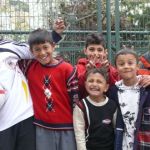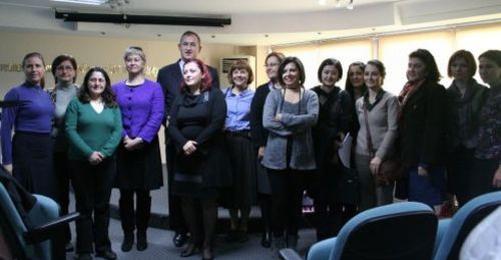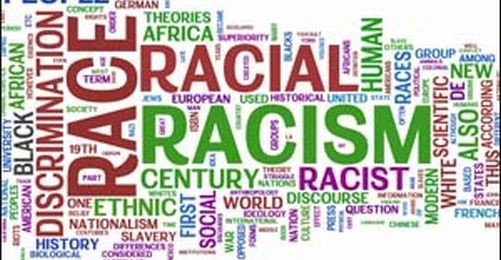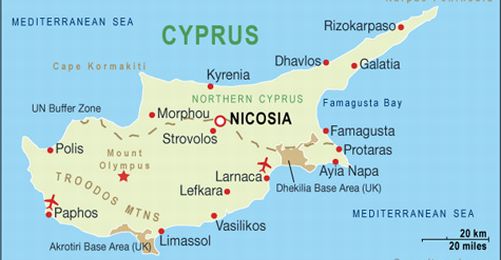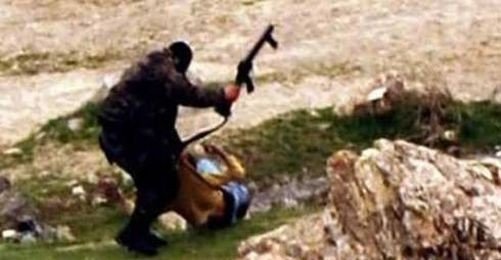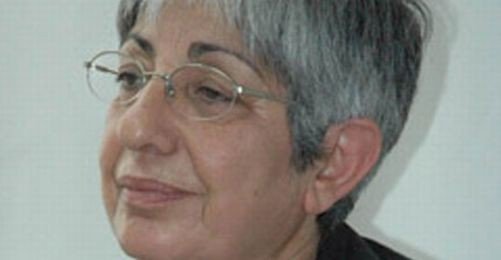Reportedly, 5 out of 10 children were victims of child abuse, to which socio-economic status and regional differences contributed.
Even though the media tried to keep the issue alive, the stories and broadcasts were usually problematic in terms of journalistic ethics and of law.
Violence compounded by poverty and migration was reported with direct relation to children living on the street while the reaction from the public was to view homeless children as pickpockets. This misperception also led to warped proposals for solution.
The Turkish parliament set up a commission around the issue and the increased attention led to some positive outcomes.
Children in the fields and in the factories
Child labor continued to be a big problem and laws on this matter were still ignored. Unions failed to recognize the problem even on Mayday.
Estimates on the number of children within the industry were around 900 thousand and the number of girls deemed invisible, those who work in the fields or doing household chores, couldn't even be estimated.
The juvenile justice system forgotten
Even though the amended Turkish Penal Code brought many improvements, there was no "implementation of a separate juvenile justice system and laws pertaining solely to children" as suggested by legal experts and defenders of child rights.
Criticisms made during the revisions to The Turkish Penal Code, the Penal Execution Code and Criminal Court Procedures Code were also ignored.
The Judiciary system was not improved but the number of child criminals and the number of children appearing in court continued to increase. Figures from the Ministry of Justice also show that in the recent economic crises years the number of children who commit crimes has been increasing.
Child rights aren't part of the Copenhagen Criteria
The European Union (EU) summit eagerly awaited all year ended with the announcing of a start date for negotiations but the progress report published beforehand only referred to children, there was no mention of the implementation of rights.
Social services and child protection agency crippled
The only institution in the country with authority on the matter, The Social Services and Child Protection Agency continued to lack financial resources and specialist personnel.
Unlike other examples around the world, independent associations were yet to be permitted to open care centers while there exists only a single school in Turkey to train social services specialists.
Not much was done for disabled children or in the name of helping them integrate into society.
Lots of discussion around education, some hope for girls
Education was one of the most debated topics in 2004. The results of the Student Placement Exam remained a source of constant debate.
The "Girls, Let's Go to School campaign, implemented in cooperation with the United Nations Children's Fund (UNICEF) resulted in many girls, who had previously left primary education, returning to schooling. It is still early to make any final assessment towards whether not the still ongoing campaign has broken through the tradition and poverty barriers.
Children of the world: No improvement
The earthquake that took place in Southeast Asia at the end of 2004 took the lives of tens of thousands of children in a region already suffering from poverty and with serious problems such as child soldiers and prostitution.
In different parts of the world the situation of refugee children was similar. Refugee camps housing children forced to leave their native land had little of anything resembling children's rights.
While the conditions of children living under occupation in Iraq deteriorate daily, it was obvious that children in the previous target of the United States of America (USA), Afganistan, saw no benefit from the "exported democracy" this year.
The Balkans, once invaded by NATO, became one of the centers for trafficking of women and children. The money spent on Istanbul NATO conference to "take important initiatives for the future", could have changed the lives of hundreds of children in need.
According to UNICEF, the African countries continued to have the worst conditions for children in 2004.
While HIV/AIDS continued to be a nightmare for children devoid of any rights, Western industrialists continued to refuse production geared towards children because it wasn't "profitable enough" and to strangle the countries that did produce them within the framework of the "global economy".
In 21 conflict zones around the world some 300 thousand children continued to be exploited as soldiers. The conflicts translated as rape for girls, fighting for boys and death for all children yet the UN continued to be ineffective. (AT/YE)





